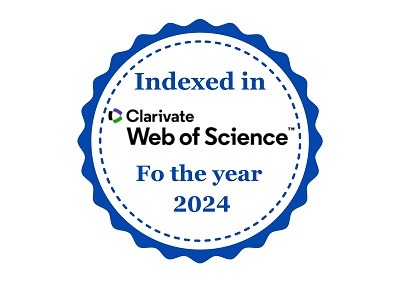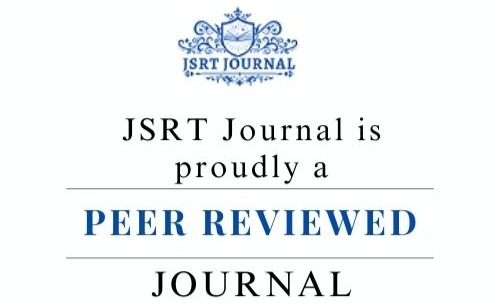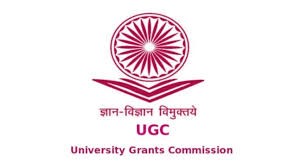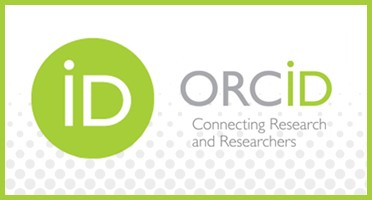The Influence of Digital Marketing on Consumer Buying Behavior in the FMCG Sector
DOI:
https://doi.org/10.61808/jsrt185Keywords:
Digital Marketing, FMCG, Sales, Consumer BehaviorAbstract
Digital marketing's meteoric rise has altered consumer habits, especially in fast-moving consumer goods (FMCG) industry.
Advertisements on social media, marketing via influencers, SEO, content marketing, and tailored email campaigns are just
a few examples of the digital marketing tactics investigated in this research. Consumers are more linked, knowledgeable,
and swayed by online material than in past due to widespread availability of cellphones and internet access. According to
the study's findings, digital touchpoints are crucial in creating brand awareness, encouraging customer participation, and
strengthening customer loyalty. It also delves at ways in which things like tailored ads, real-time discounts, and internet
reviews influence decision-making and impulsive purchases. This research sheds light on the efficacy of FMCG digital
marketing by studying engagement indicators and customer replies, and it gives marketers strategic advice on how to
improve customer connection and increase sales. Results highlight how important it is to use digital platforms to keep up
with fast-moving fast-food industry.
The study's overarching goal is to learn how fast-moving consumer goods (FMCG) sector has been affected by digital
transformation on consumers' propensity to make impulsive purchases. Consumer habits have changed drastically in last
few years due to proliferation of e-commerce and other digital technologies. Research utilizes quantitative research strategy
by surveying people who buy fast-moving consumer goods. After data collection is complete, statistical methods like
regression and correlation analysis can be used to the data. Results will shed light on how much of impact digital marketing
has upon FMCG sector impulse buys, how successful digital marketing campaigns have been, and how social media have
contributed to development of environmentally conscious consumers' impulse buys. Research will also compare the
impulsive purchase habits of those who buy FMCG online with those of people who buy them in physical places. The study's
findings will help FMCG firms boost their marketing and impulsive purchasing via digital transformation. In essence, our
research will add to what is already known about how digital transformation affects customer behavior, especially in the
fast-moving consumer goods industry.











